|
Module Fourteen: The American Civil War Part Two
Welcome to HST 201 Module Fourteen! This is the second part of our in depth look at the American Civil War.
HIGHLIGHTS
READING
My classes utilize both Howard Zinn's Patriot's History of the United States and Larry Schweikart's Patriot's History of the United States, mostly in excerpts posted to the modules. You can access the full text of People's History or Patriot's History by clicking on the links. 
Schweikart, Chapter 9 “The Crisis of the Union 1848-60”
…Despite a remarkable, and often unimaginable, growth spurt in the first half of the nineteenth century, and despite advances in communication and transportation—all given as solutions to war and conflict—the nation nevertheless lumbered almost inexorably toward a final definitive split. No amount of prosperity, and no level of communication could address, ameliorate, or cover up the problem of slavery and the Republicans’ response to it. No impassioned appeals, no impeccable logic, and no patriotic invocations of union could overcome the fact that, by 1860, more than half of all Americans thought slavery morally wrong, and a large plurality thought it so destructive that it had to be ended at any cost. Nor could sound reasoning or invocations of divine scripture dissuade the South from the conviction that the election of any Republican meant an instant attack on the institution of slavery. What made war irrepressible and impending in the minds of many was that the political structure developed with the Second American Party system relied on the continuation of two key factors that were neither desirable nor possible to sustain. One was a small federal government content to leave the states to their own devices. On some matters, this was laudable, not to mention constitutional. On others, however, it permitted the South to maintain and perpetuate slavery. Any shift in power between the federal government and the states, therefore, specifically threatened the Southern slaveholders more than any other group, for it was their constitutional right to property that stood in conflict with the constitutional right of due process for all Americans, not to mention the Declaration’s promise that all men are created equal. The other factor, closely tied to the first, was that the South, tossed amid the tempest and lacking electoral power, found itself lashed to the presidential mast requiring a Northern man of Southern principles. That mast snapped in November 1860, and with it, the nation was drawn into a maelstrom…
ASSIGNMENTS
Forum Discussion #15
"American Experience" combines dramatic re-enactments with commentary by historians and authors to present an absorbing look at the personalities, events and resources that have had a profound impact on the shaping of America's past and present. Many of the program's documentaries have received major honors in the broadcasting community, including Emmy, Peabodys and duPont-Columbia University awards.
Watch this short video and please answer the following question with a two-paragraph minimum: Explain the Chinese Exclusion Act. What is its historical significance? Need help? Remember the Discussion Board Rubric.
0 Comments
Leave a Reply. |
AuthorRyan Lancaster wears many hats. Dive into his website to learn about history, sports, and more! Archives
April 2024
Categories |

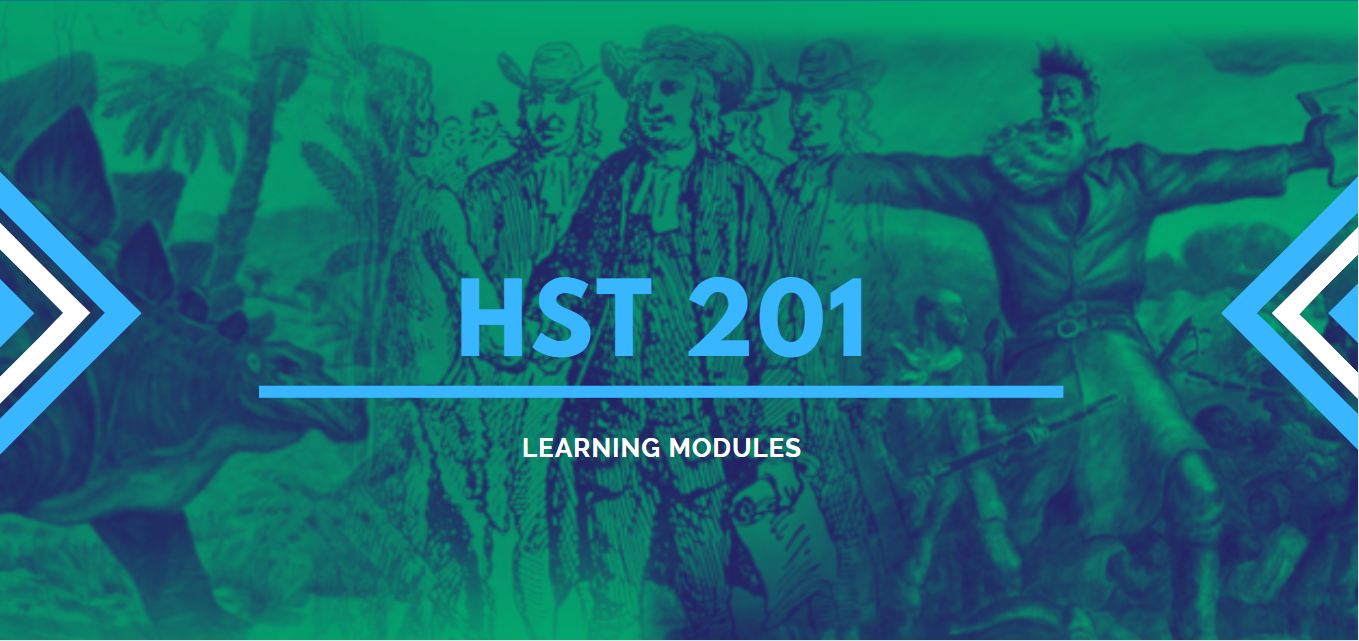
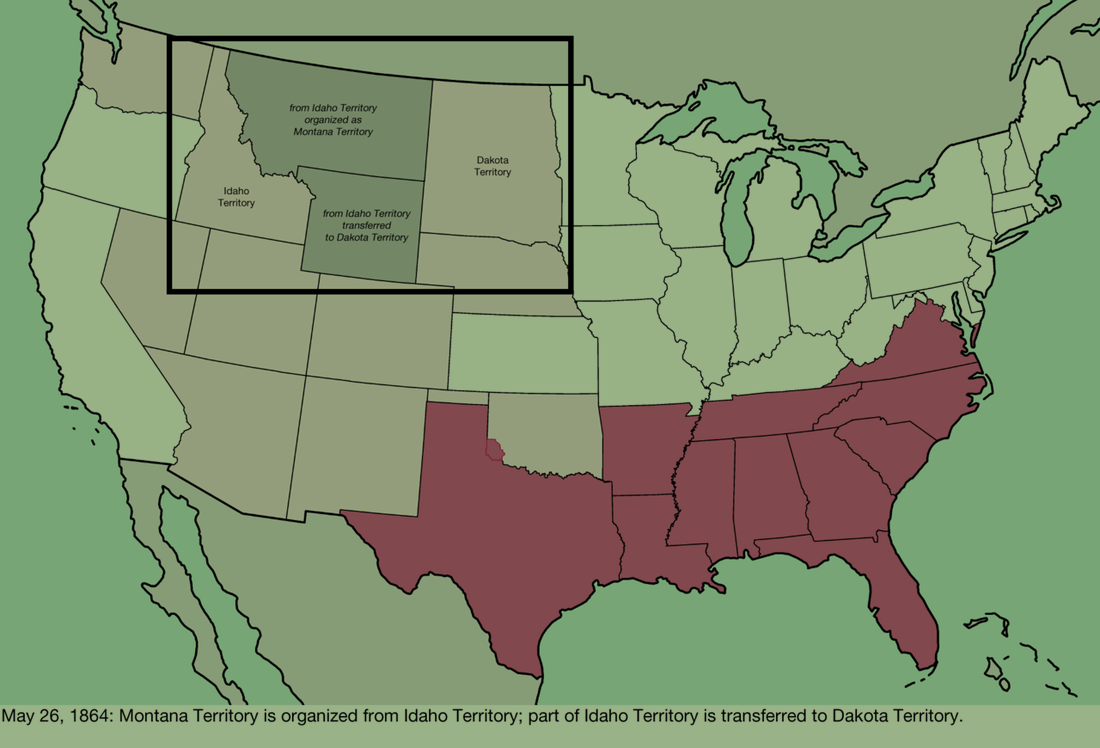
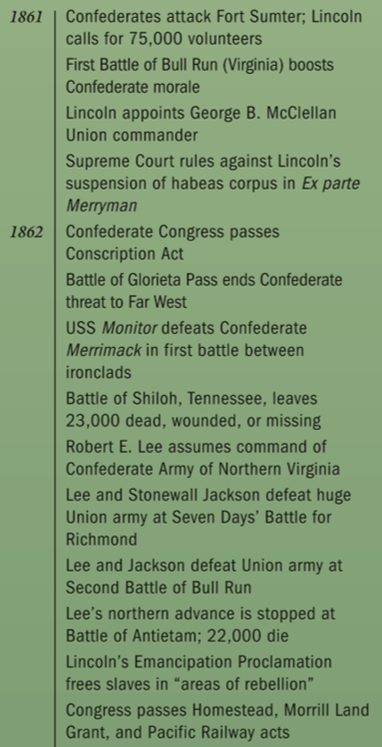
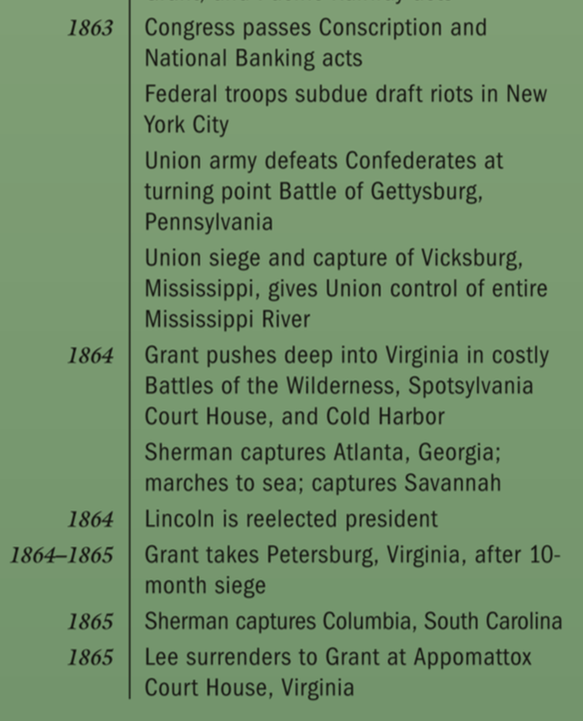
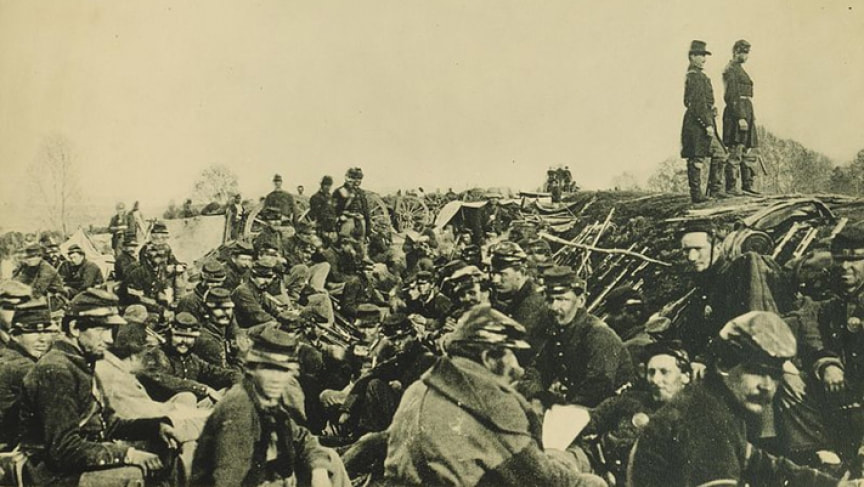
 RSS Feed
RSS Feed